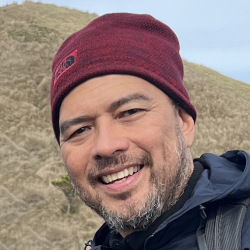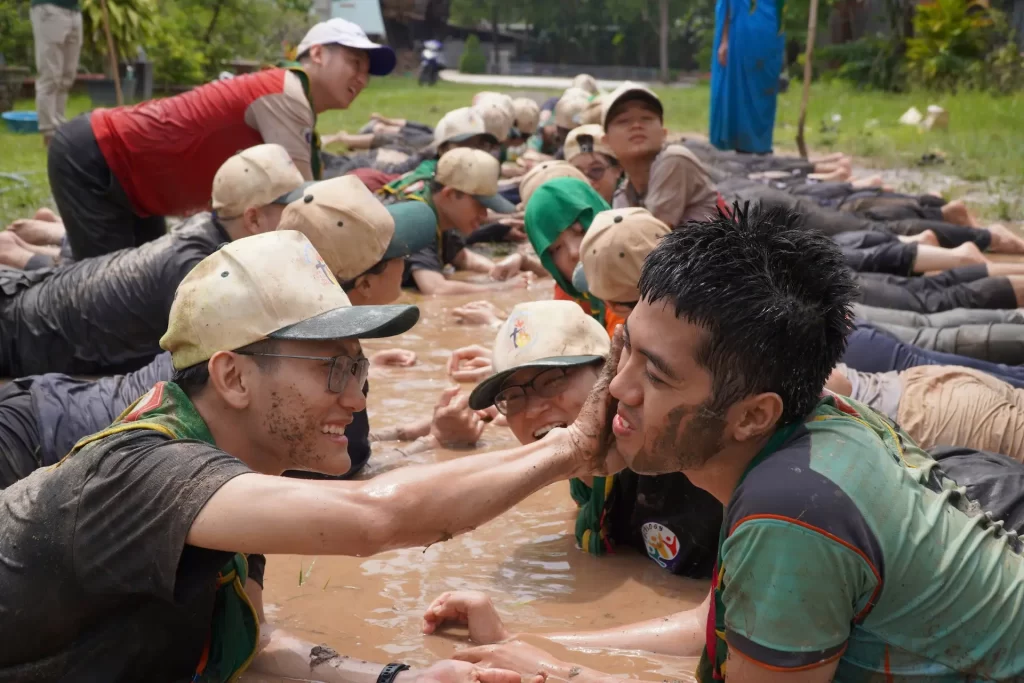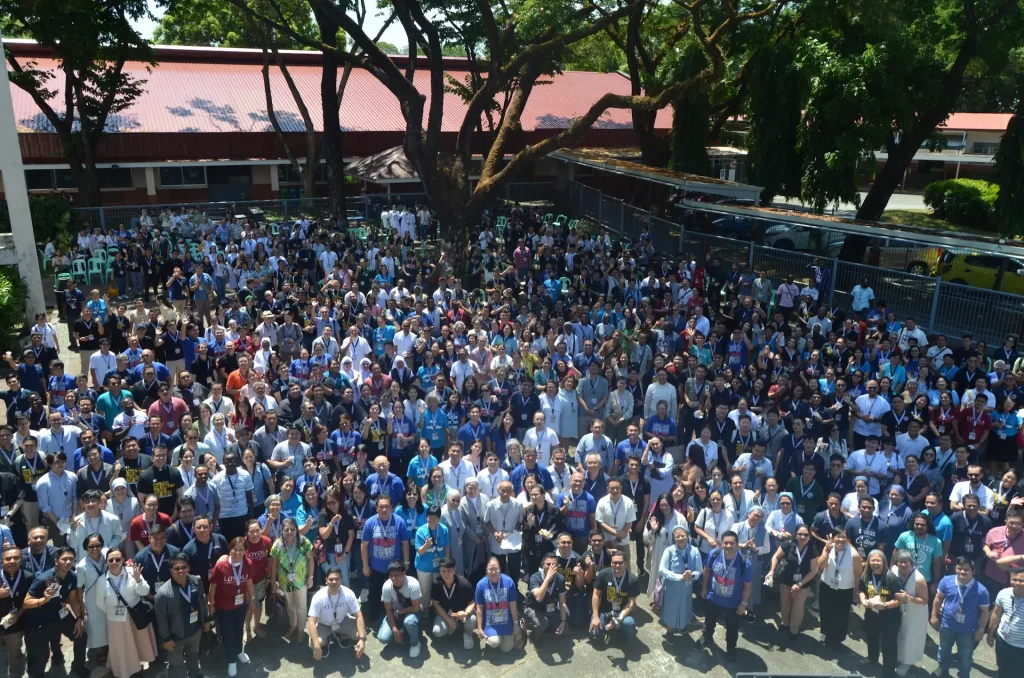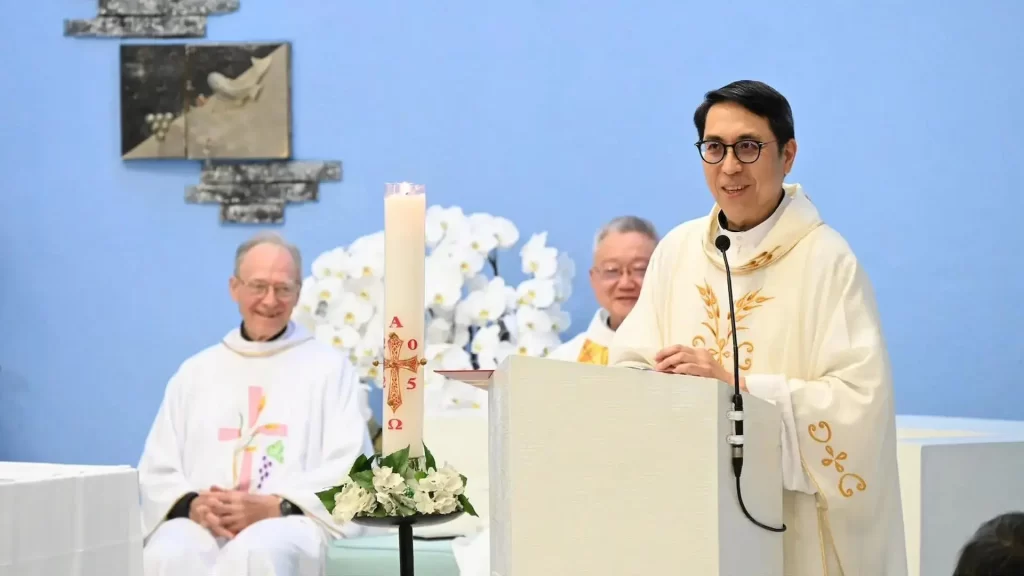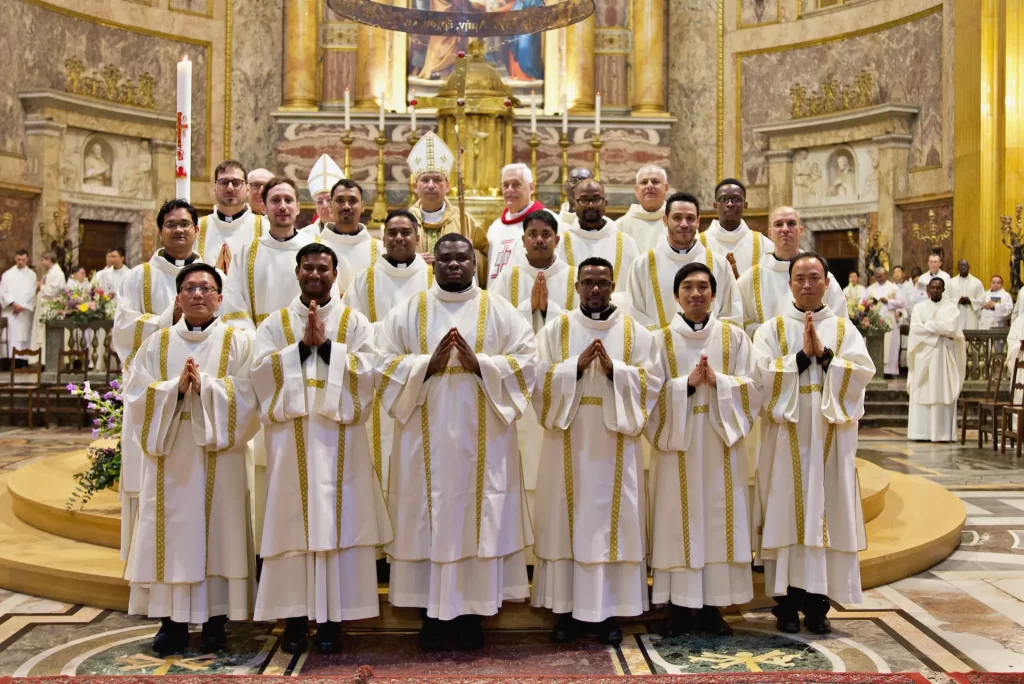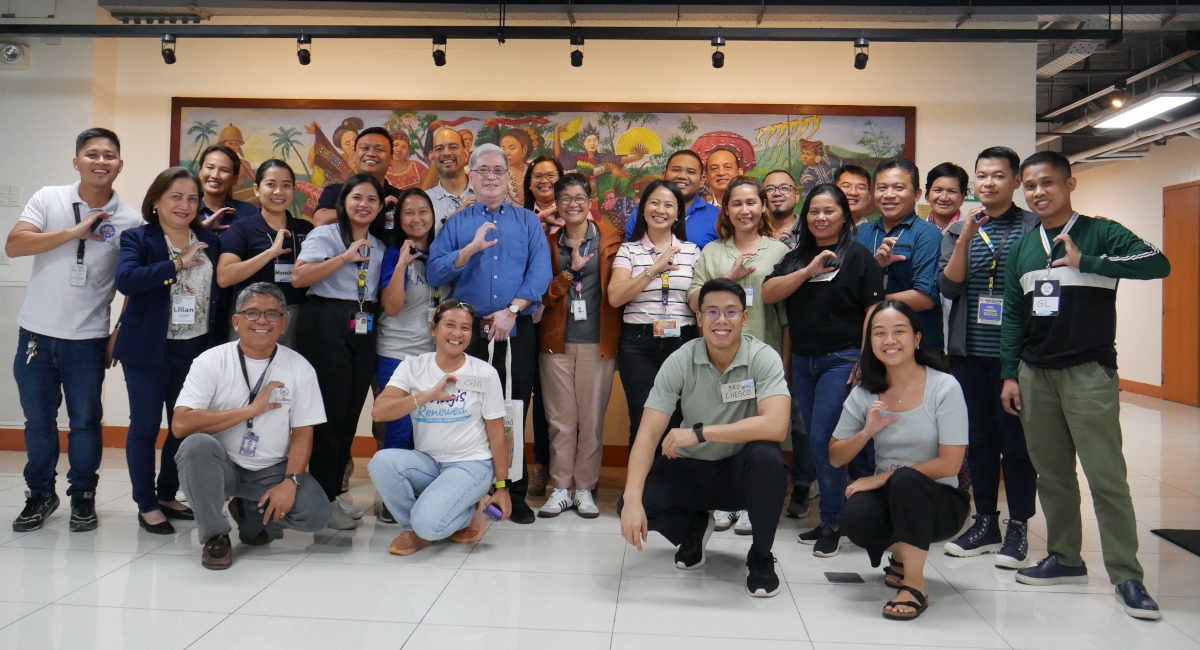
Except for Loyola College of Culion, who was not able to send delegates due to a conflict in schedule, the five universities (Ateneo de Davao University, Ateneo de Manila University, Ateneo de Naga University, Ateneo de Zamboanga University, and Xavier University – Ateneo de Cagayan) and five basic education units (Ateneo de Iloilo, Pangantucan Community High School, Sacred Heart School – Ateneo de Cebu, Xavier School – Nuvali, and Xavier School – San Juan) each sent two representatives.
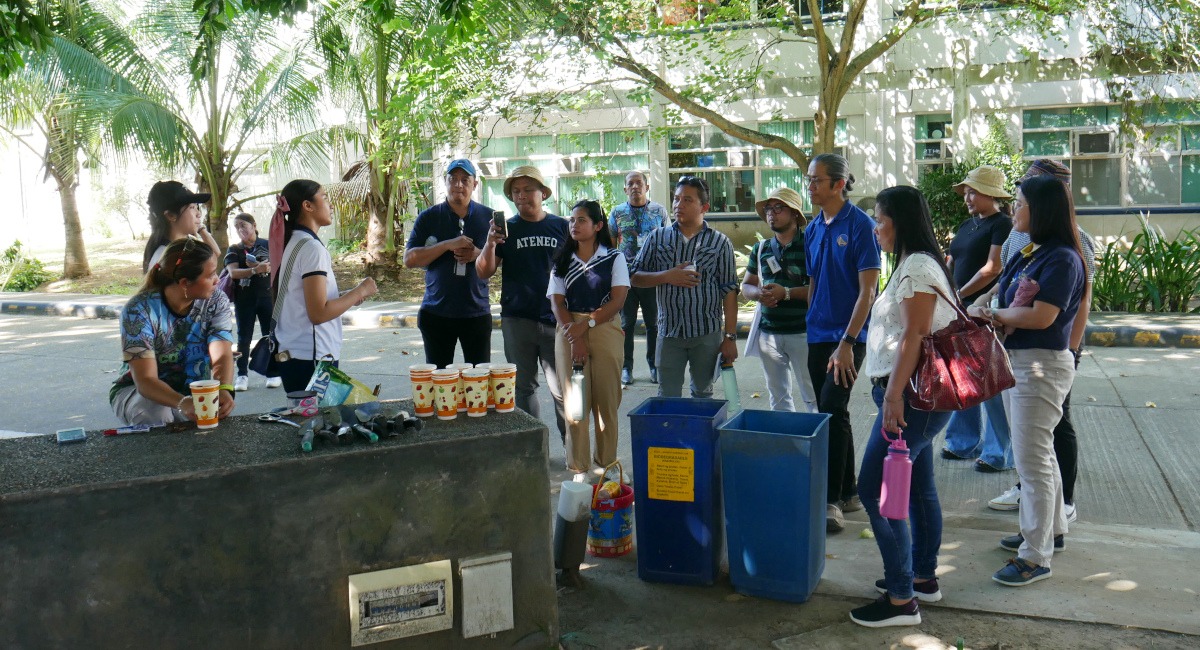
Many delegates expressed deep appreciation for the chance to share meals and walks with one another. These informal interactions proved to be just as valuable as the plenary sessions. Delegates realised they were not alone in their ecological mission, that others were facing similar challenges, and that they could learn from the approaches that others took. For example, waste segregation is a common project among schools but not easy to successfully implement. Seeing how Ecoteneo effectively integrated the positive values of waste management into the school’s culture encouraged and inspired many of the delegates.
Food sustainability was an intentional feature of the conference. We enjoyed meals featuring local dishes, with reduced red meat, and even one completely vegetarian meal. Refreshments included natural fruit juices instead of powered juices, sugary soft drinks, and iced teas. Three of our meals were at local, award-winning restaurants known for using organic ingredients and local materials.
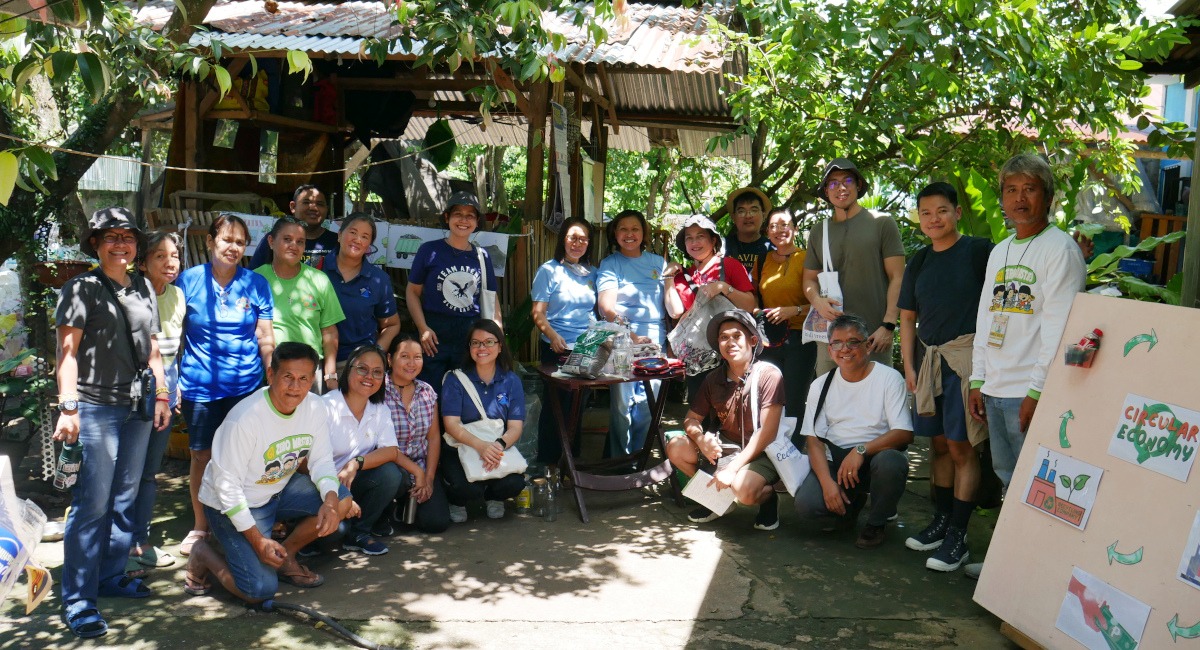
Finally, we talked about the Universal Apostolic Preferences and the De Statu Societatis Iesu, and how ecological conversion seemed to lag behind. We emerged from the eco-summit with a collective hope for each school to designate a Laudato sí advocate or Integral Ecology officer. We looked forward to future meetings being officially recognised in the academic calendar, and the Integral Ecology officers being formally acknowledged, granting them a legitimate voice in shaping ecological decisions and projects within their schools.

